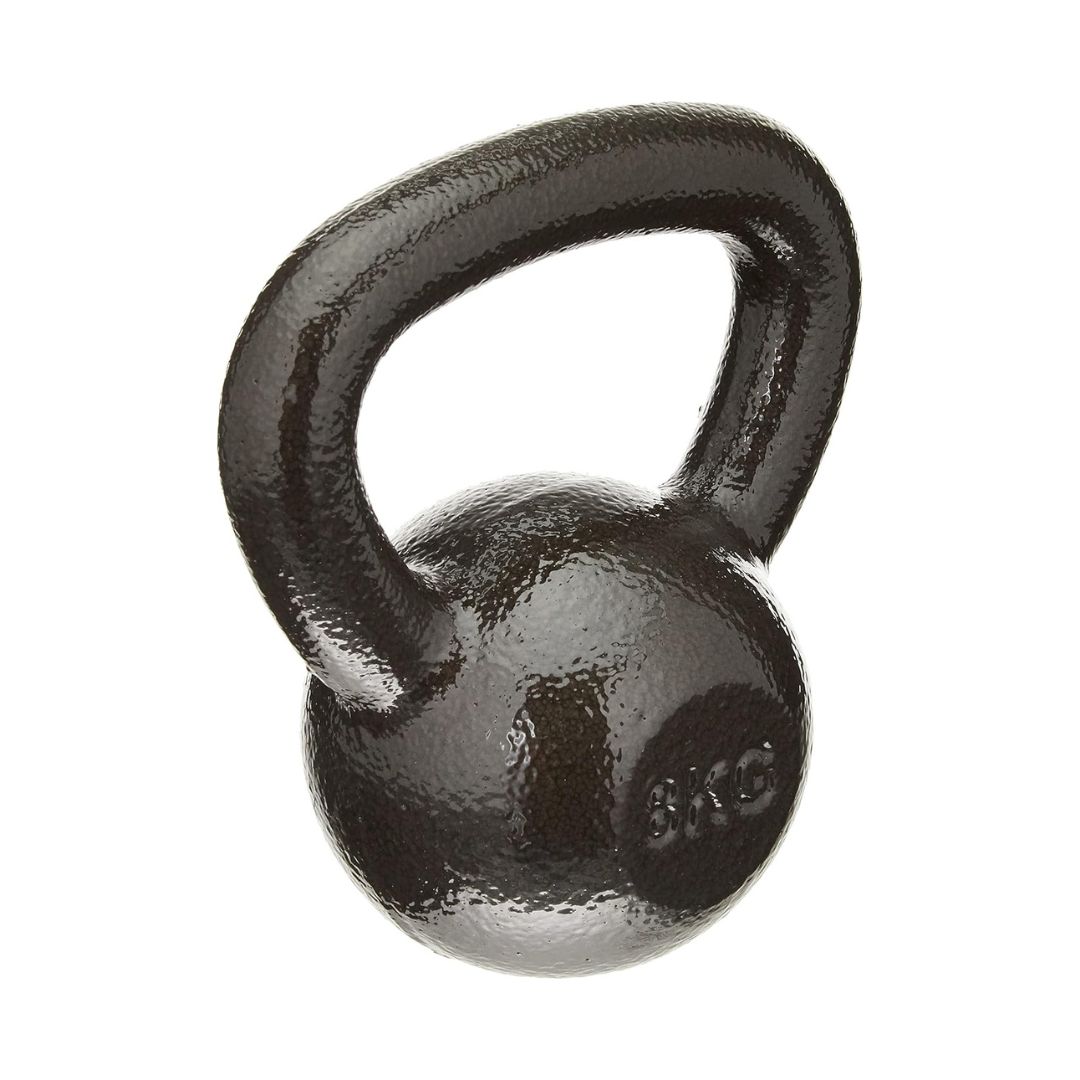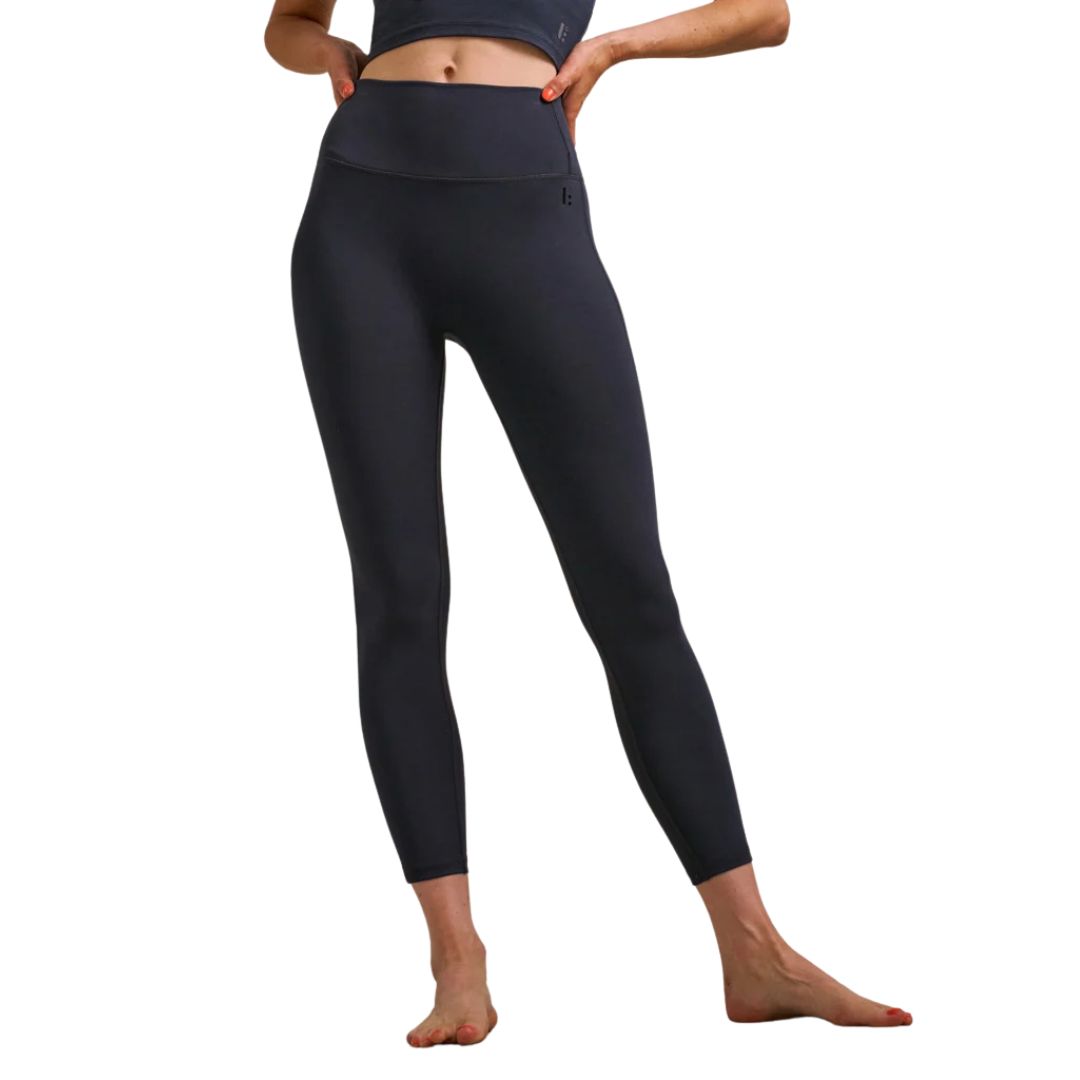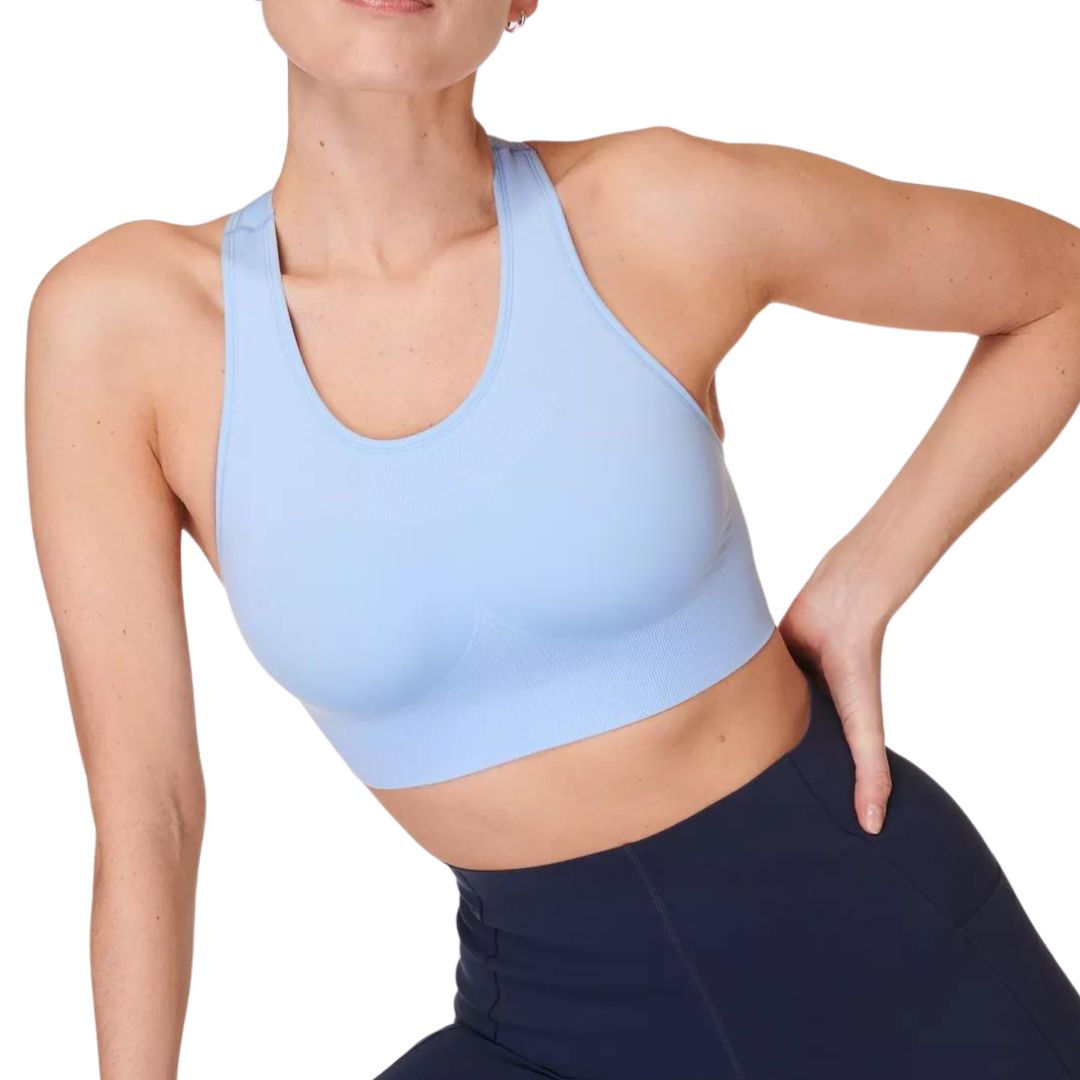
Celebrity news, beauty, fashion advice, and fascinating features, delivered straight to your inbox!
You are now subscribed
Your newsletter sign-up was successful
If you've been on TikTok recently, you've likely seen the 75 Hard Challenge on your feed. The challenge - which has over two billion views under the #75HardChallenge hashtag - promises to help you lose weight and build muscle in the space of (yep, the clue was in the name) 75 days.
So, what makes this challenge different from the thousands of others on the Internet? Good question. Branded as a "mental toughness programme" rather than a diet or fitness challenge, the website promises to "change your life" and help you "take complete control of your life in only 75 days."
Big claims, right? And it's fair to say the response to the challenge has been... mixed. While some swear by it and claim it's boosted both their body composition and mental wellbeing, others - understandably so - have called it out for being way too extreme.
We probably don't need to remind you that it's important to be mindful of social media challenges invented by people without the relevant credentials or qualifications, either. While Andy Frisella, the founder of the 75 Hard Challenge, may have completed the 75 Day Challenge himself, he's actually an entrepreneur, motivational speaker and author with no formal personal training or nutrition qualifications.
On his site, Frisella claims that over 100,000 people have completed the challenge completely free of charge. That said, we were keen to get a qualified expert take once and for all, so picked the brains of both a gym director, a personal trainer and a dietician. Below, they detail what exactly the 75 Hard involves, why it's skyrocketed in popularity so much this year, and whether they'd recommend giving it a go at home.
To read their take - keep scrolling. Seen the Hot Girl Walk, 12-3-30, and Three Drink Theory trends doing the rounds on TikTok too? An expert's measured verdict is just a click away. And read up on the wellness trends to expect this year, here.
It seems like everyone under the sun is trying the 75 Hard challenge - but will it boost or harm your health?
What is the 75 Hard Challenge?
According to Steven Dick, Director at The Fitness Group, the UK's leading personal training course provider, it's a "non-negotiable approach to improving your mental toughness, self-discipline, and motivation with the implementation of five rules."
Celebrity news, beauty, fashion advice, and fascinating features, delivered straight to your inbox!
The "rules" of the challenge dictate that you must stick to these five rules - without deviation - for 75 days to complete the challenge.
For those of you wondering, the rules include:
- Follow a diet. (any diet).
- Complete two 45-minute workouts, one of which must be outdoors.
- Take a progress picture.
- Drink 1 gallon of water.
- Read 10 pages of a book (audiobooks not included).
But it's not just about aesthetic gains, supposedly - quite the opposite. The founder Frisella maintains that it’s not a weight loss or fitness program, but rather an “Ironman for your brain”.
Who founded the 75 Hard Challenge?
So, is Frisella adequately qualified to be doling out diet, fitness, and mental health advice? Short answer: definitely not, or at least according to our experts.
"He has no medical qualifications, certifications or training, and the website has disclaimers pasted everywhere to evade responsibility," Liv Morrison, head dietitian at wellness app Kic, explains. Case in point: he even states himself that his "qualifications" are "based on 20 years of life experience and self-study." "He backs this up by sharing that he was an overweight child but became a fit adult by following the rules in his 75-day program," she continues.
What are the pros and cons?
Let's start with the positives. "Going outside each day, learning more, and creating a healthier daily routine are all positives," shares Morrison.
That said, in her professional opinion, the risks of the 75 Hard Challenge far outweigh the positives. "For the average person, these rules promote people making far too many changes at once - which isn’t necessarily a good thing."
Let's start with the advice to opt for two 45-minute workouts each day. Current NHS guidelines recommend aiming for at least 150 minutes of moderate aerobic activity every week - around a third of the amount of exercise Frisella says to aim for.
The majority of people, she shares, currently exercise for less than five hours each week. Think about it: suddenly start exercising for an hour and a half every day, every day for 75 days with no breaks, and you face not only a huge physical and mental change but a significantly increased risk of injury.
Dick agrees, pointing out that two workouts a day will likely be unattainable for most people juggling work, family commitments, and commuting. He also adds: "One effective workout a day, planned well to the correct intensity, is more than enough to extensively progress your strength and fitness, not to mention will have huge mental health benefits."
So, the challenge encourages overexercising. But what about the food? Sure, you can pick any diet you like, but the dietician points out that, statistically, the most popular diets at the moment are the Keto, Atkins, and Paleo diets, as well as intermittent fasting. "Each of these are incredibly restrictive fad diets and either encourage you to drastically reduce your calorie intake or cut out whole food groups," she adds.
Over-exercising and dietary restriction, she adds, increases your risk of:
- Rapid weight regain
- Cardiovascular diseases
- Development of disordered eating.
A final note from the dietician: "The amount of water he advises drinking is downright dangerous. Four litres of water is far too much for most people and can lead to hyponatremia, a condition that can permanently damage your kidneys and heart," she concludes.
Is it a sustainable diet?
Short answer: definitely not. "I knew that within minutes of reading the rules," emphasises Morrisson. Why? Well, simply put, because, over anything else, the 75 Hard Challenge promotes an all-or-nothing mentality - not to mention, banning "cheat days and abstaining from alcohol guidelines, while seemingly "healthy," are likely to create social isolation, development of negative food beliefs and reinforce toxic diet culture", she goes on.
Her take? "I wish the 75 Hard included a list of balanced, evidenced-based diets or provided something as simple as the hand portion model to encourage those undertaking the challenge to choose more balanced and sustainable dietary changes," she shares.
Dick agrees, adding: "When extreme approaches to diet or working out are blanket applied across the board without specific guidance, you're in danger," he warns.
Know this, too: flexibility is key for sustaining habitual change and living a genuinely healthy lifestyle. She asks you to think: What’s going to happen on day 76? "Are you going to be able to continue eating and exercising this way forever?," she asks. Or might it prompt social anxiety and demonisation of certain food groups as "good" or "bad"?
Bottom line?
As co-founder of Kic Steph Claire Smith puts it, there are far more sustainable and enjoyable ways to live healthily or lose weight. She reflects on how damaging these viral diets can be and urges you not to leap into another fad diet masquerading as a test of your mental strength.
"Some of these viral diets and workout routines compromise your ability to just have fun and focus on the good behind moving your body," she stresses. Remember, healthy living isn't meant to be a chore, but something that brings you joy. "This all-or-nothing approach is a very strict regime with little room for balance when it comes to what you're eating and how you're exercising. This can be really dangerous for anyone at risk of developing disordered eating habits or exercise nervosa."
Her final take? "Sustainability is the key to a happy, healthy lifestyle and challenges like the 75 hard just aren’t sustainable."
Shop MC UK approved fit kit now:

Ally is Marie Claire UK's Senior Health and Sustainability Editor, a well-regarded wellness expert, ten-time marathoner, and Boston Qualifying runner.
Utilising her impressive skillset and exceptional quality of writing, she pens investigative, review and first-person pieces that consistently demonstrate flair and originality.
As well as writing, Ally manages a team of freelancers, oversees all commissioning and strategy for her pillars, and spearheads the brand's annual Women in Sport covers, interviewing and shooting the likes of Mary Earps, Millie Bright, and Ilona Maher. Shortlisted for three BSMEs and winning one in 2022, Ally lives and breathes her verticals: her eye for a story and connections within the wellness sphere are unrivalled. Follow Ally on Instagram for more.



